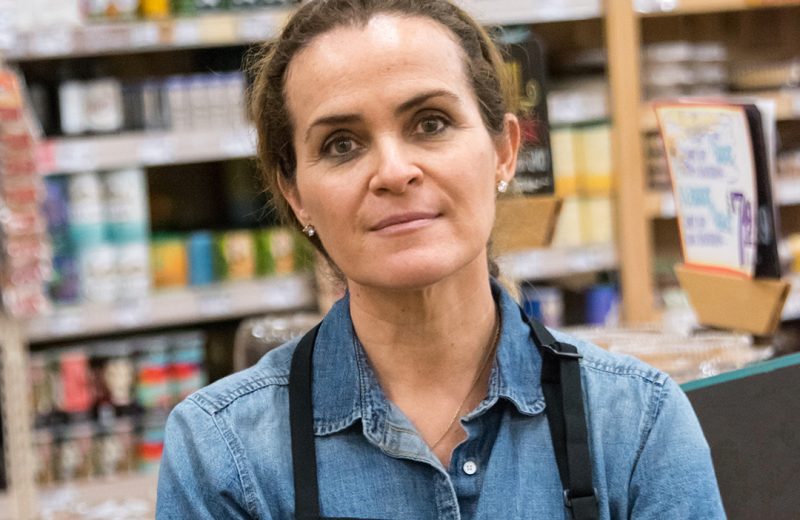The proposed monopoly for chemists over the sale of smoke-free nicotine products is already unravelling, with both pharmacists and doctors raising concerns about the proposal.
The National Retail Association has consistently called for small businesses who currently sell cigarettes and other nicotine products to be given access to less harmful alternatives such as vaping or e-cigarettes.
But the draft ruling by the Therapeutic Goods Administration, produced at the request of the Federal Health Department, will force retailers to continue selling tobacco products they may not want to sell, while also relying on doctors and chemists selling products they don’t want to sell.
Earlier this year, the Pharmacy Guild advised the Therapeutic Goods Administration that it “does not support the sale of personal vaporisers in pharmacies, regardless of whether or not they contain nicotine”.
And today the Australian Medical Association has also questioned the wisdom of the decision, with one high-profile GP and former AMA president declaring he will not prescribe smoke-free nicotine products as the government’s draft proposal requires.
NRA CEO Dominique Lamb wrote to all Government MPs earlier this week urging them to dump the proposal, which represents “the worst of both worlds” by forcing small retailers to continue to rely on tobacco sales to stay afloat.
“The deliberate exclusion of family and small businesses being able to participate in the sale of these less harmful alternatives to cigarettes is unconscionable, illogical and indefensible,” Ms Lamb said.
“It will disrupt market dynamics, detract from public health goals, and put the future sustainability of thousands of already struggling local small and family businesses at risk.”
The NRA has also expressed concern about the impact of two million additional GP visits per year for existing nicotine vapers in Australia to access prescriptions in future, and the inability of the government to levy tobacco-style “sin” taxes on products it is making available through the health system.
“There is very little evidence that any of these critical issues, which will have real world impacts, have been considered at all.”

